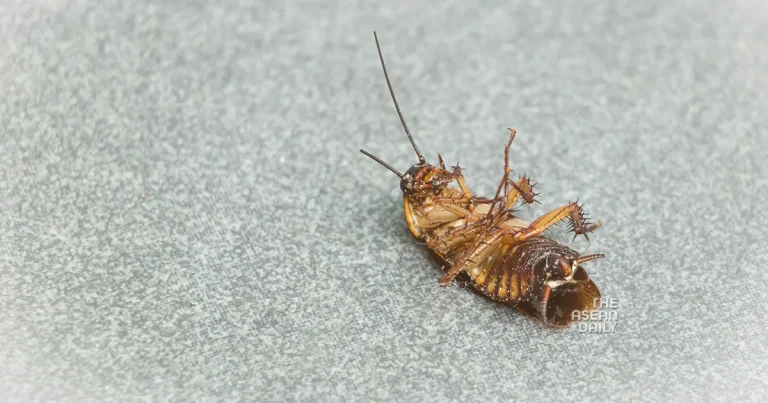14-12-2023 (TOKYO) A man in the southern Japanese city of Kumamoto caused an explosion at his home after attempting to eradicate a cockroach by spraying a significant amount of insecticide. The incident took place around midnight on December 10, as reported by the Mainichi Shimbun.
According to the media outlet, the force of the explosion caused a balcony window to break, resulting in minor injuries to the man.
Investigations into the incident revealed burn marks near a “kotatsu” heating table—a low table topped with a special futon and usually equipped with an electric heater underneath.
The Mainichi reported that Japan’s National Consumer Affairs Centre has received multiple reports of similar explosions, although it did not specify the timeframe. These incidents are believed to occur when sprayed insecticides come into contact with electrical outlets or other ignition sources.
Several pest removal companies have cautioned that spraying pesticides near electrical outlets can cause damage and pose risks of injury to individuals. Many insecticide sprays contain flammable ingredients, including alcohol. Additionally, they often contain propellants such as propane and butane, which assist in dispersing the liquid insecticide into the air, as outlined in a report by online magazine Slate.
If the propellant gases mix appropriately with oxygen in a room, it can create an explosive environment. A similar incident occurred in 2016 when three individuals were injured in a blast at a home in New Jersey. Fumes from a bug spray had built up and ignited after the occupant had sprayed insecticide in an apartment infested with cockroaches and subsequently opened a window, reported NBC New York. The combination of oxygen from outside, the fumes from the bug spray, and the pilot light of a stove led to the explosion, shattering windows and causing damage to the kitchen.
According to the NBC report, firefighters arrived at the scene to find the apartment still infested with cockroaches despite the explosion.




